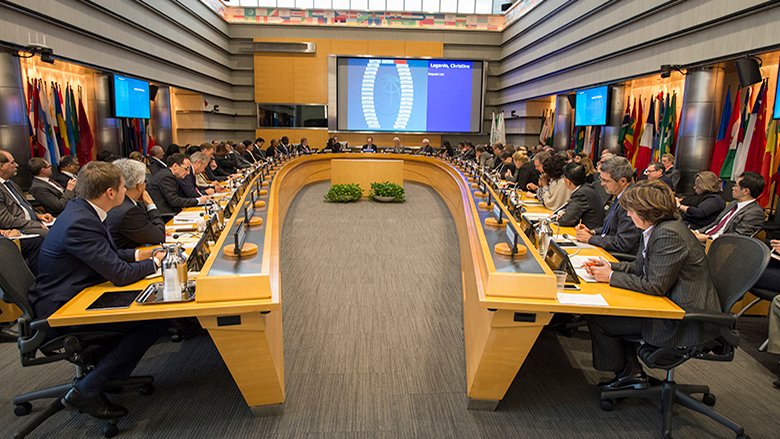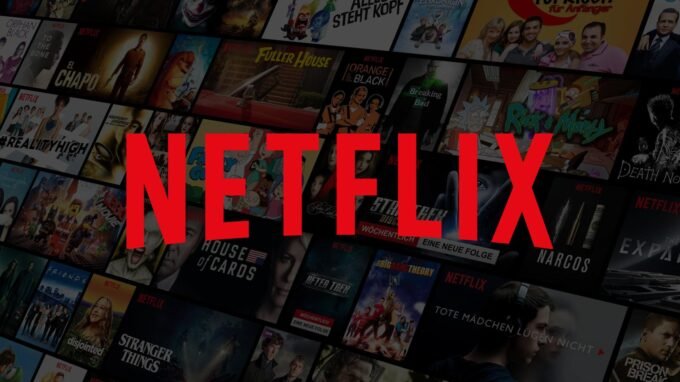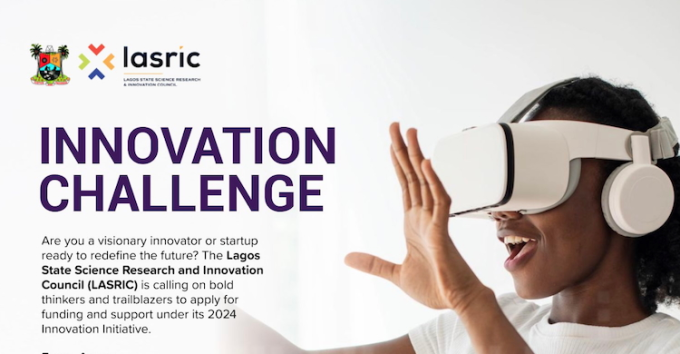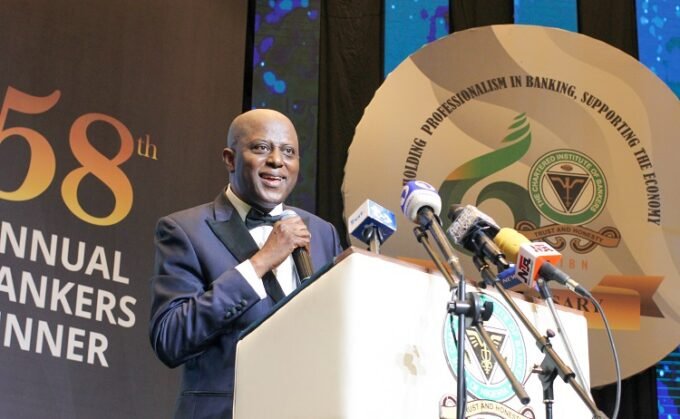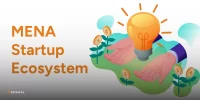World Bank has released a $1.5 billion loan to Nigeria under the Reforms for Economic Stabilisation to Enable Transformation (RESET) Development Policy Financing initiative. This milestone underscores the global financial institution’s support for Nigeria’s bold economic reforms.
Swift Loan Approval and Disbursement
The loan, approved on June 13, 2024, was disbursed in record time following Nigeria‘s implementation of critical economic reforms. These reforms include the removal of fuel subsidies and the introduction of comprehensive tax policies.
Unlike many loan programmes that face delays due to slow or partial implementation of conditions, this initiative saw rapid progress. For instance, while the RESET programme advanced swiftly, only $1.88 million of a $750 million loan under the Accelerating Resource Mobilization Reforms (ARMOR) project has been disbursed to date.
Loan Disbursement Timeline
The $1.5 billion RESET loan comprises two tranches:
- First Tranche: A $750 million credit facility under the International Development Association (IDA) with a 12-year maturity and six-year grace period. Disbursed on July 2, 2024.
- Second Tranche: A $750 million loan from the International Bank for Reconstruction and Development (IBRD) with a 24-year maturity and 11-year grace period. Released in November 2024.
The agreements for these tranches were signed and declared effective in June 2024, with the first tranche disbursed just weeks later.
Key Reform Conditions
Fuel Subsidy Removal
The removal of fuel subsidies was a pivotal condition for the second tranche. This reform aligned petrol prices with international market rates and exchange rates, ending implicit subsidies that had strained public finances.
Although the deregulation sparked public dissent due to increased living costs, the World Bank praised Nigeria for exceeding expectations by fully deregulating the fuel market ahead of schedule. By October 2024, petrol prices were determined entirely by market conditions.
Tax Policy Overhaul
The Nigeria Tax Bill 2024 introduced a phased increase in Value Added Tax (VAT) to 10% by 2025 and streamlined tax compliance processes. These measures aim to enhance revenue generation and simplify tax administration.
The reforms also included amendments requiring the use of the National Social Registry for social investment programmes, ensuring better targeting of vulnerable populations.
Socioeconomic Impact and Relief Measures
Despite the World Bank’s commendations, these reforms have triggered significant public outcry. The removal of fuel subsidies led to a sharp rise in transportation and living costs, prompting protests in major cities such as Lagos, Kano, and Abuja.
To mitigate the economic impact, the Federal Government introduced a monthly cash transfer of N25,000 to 15 million vulnerable households. However, only about four million households have benefited so far, leaving a considerable gap in relief efforts.
Additionally, the government is promoting compressed natural gas (CNG) as a cheaper alternative fuel. Plans include converting over one million vehicles to CNG within three years.
Broader Financial Context
The $1.5 billion RESET loan is part of a broader financial strategy, with Nigeria securing $6.95 billion in loans from the World Bank over 18 months under President Bola Tinubu’s administration. The World Bank now accounts for $16.81 billion of Nigeria’s external debt, representing 39% of the total, according to the Debt Management Office (DMO).
Looking ahead, the World Bank is set to decide on three new loans totalling $1.65 billion in 2025. These funds will target critical areas such as support for internally displaced persons, education, and nutrition enhancement.
Conclusion
These initiatives highlight Nigeria’s commitment to economic transformation despite the social challenges. The ongoing reforms aim to address developmental priorities while ensuring fiscal sustainability and broad-based growth.


